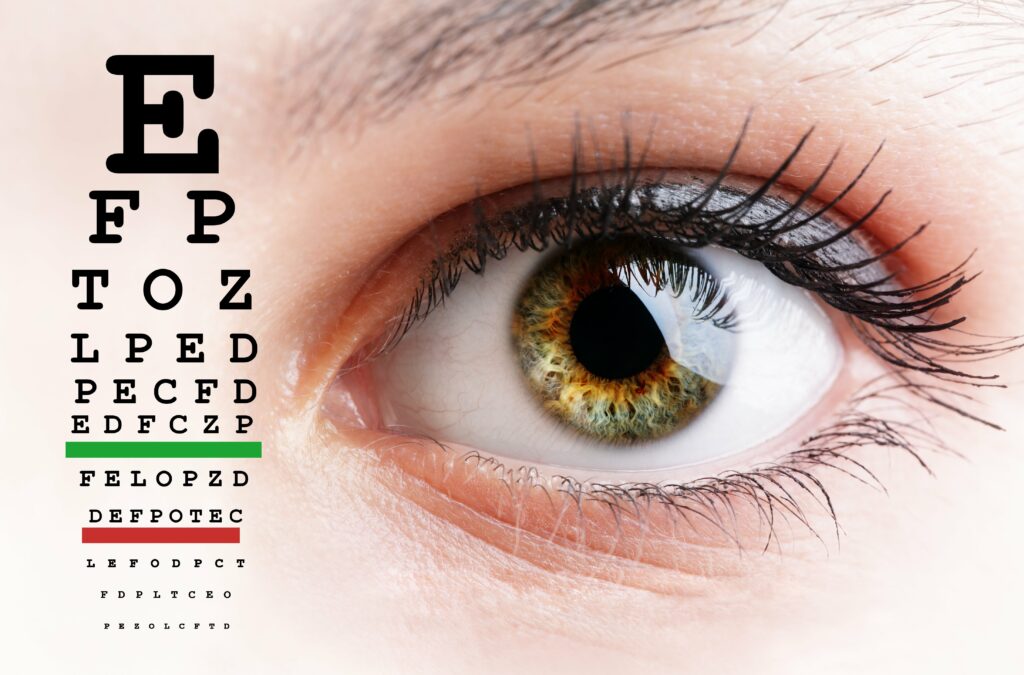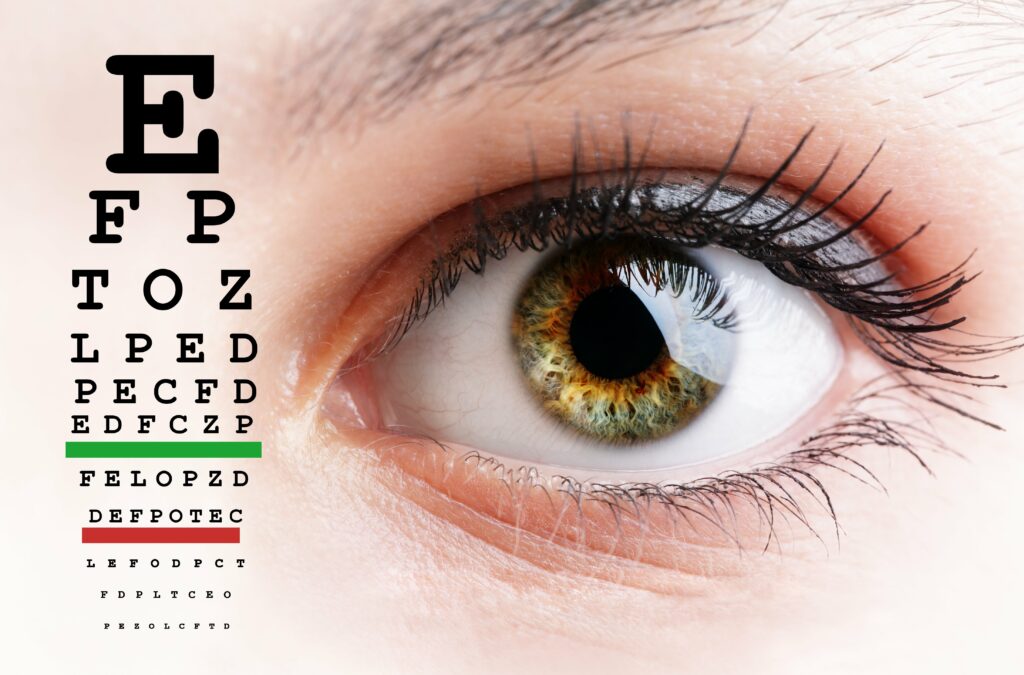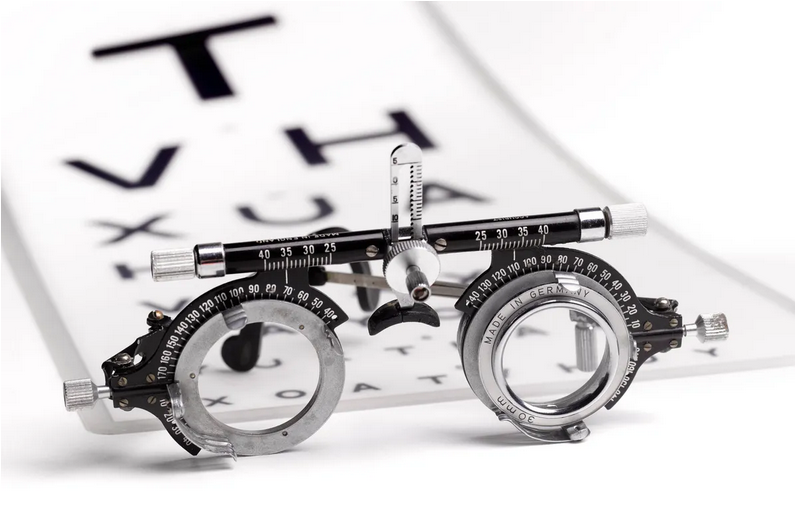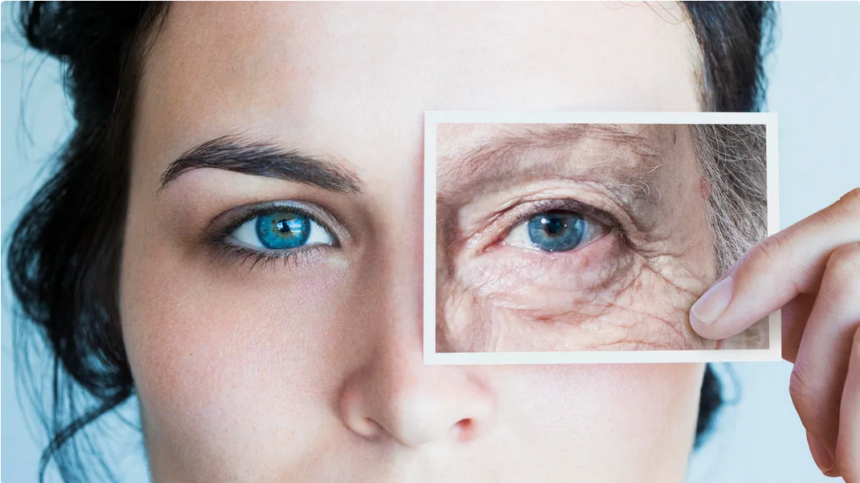The adage that “the eyes are the windows of your soul” holds, but as the years pass, those windows may become a bit cloudy. Ageing often brings gradual changes to our vision, but it’s essential to distinguish between typical age-related alterations and sudden vision changes that could indicate a more significant medical issue.

With each passing year, the risk of eye-related conditions and diseases increases. However, there are proactive steps you can take to preserve the health of your ageing eyes. In this article, we will discuss four crucial tips for maintaining healthy eyes as you age.
1. Know your risk level
Understanding the factors that affect your vision and recognizing potential symptoms is paramount to safeguarding your eye health. If your occupation requires prolonged computer screen use, you may be familiar with eye fatigue and strain, leading to temporary blurry vision. To mitigate this, it’s crucial to take regular eye breaks (at least every 20 minutes) and consider blue light-blocking glasses for work. For those working outdoors or in environments where eye protection is necessary, ensure you wear appropriate protective eyewear and promptly address any eye injuries.
Additionally, don’t overlook your family history. Over 350 eye diseases are hereditary, and while you cannot alter your genetics, awareness of your family’s eye health can help you identify symptoms early or seek preventive care.

2. Get regular eye checkups
Routine eye examinations may not be the most exciting prospect, but they should rank high on your list of priorities as you age. Whether or not you have a family history of eye issues, regular eye exams play a critical role in identifying problems before they escalate. The American Academy of Ophthalmology recommends eye examinations at least annually or biennially after the age of 65. These exams can detect age-related eye conditions like cataracts, diabetic retinopathy, glaucoma, and macular degeneration, enabling timely intervention.

3. Wear appropriate eyewear
The sun’s harmful UV rays can damage your eyes and impact your vision. Excessive UV exposure is linked to a higher risk of cataracts and eyelid cancers, as per the US National Institutes of Health. To protect your eyes, wear a suitable hat and sunglasses that block at least 99% of UVA and UVB rays.
For those who wear prescription glasses, contact lenses, or over-the-counter reading glasses, it’s essential to proactively update your eyewear regularly. Your vision needs may change over time, so ensuring that your eyewear is up to date is crucial.

4. Take care of your overall health
While external environmental factors play a role, a significant portion of your eye health stems from your internal well-being. Consuming a diet rich in eye-friendly foods such as almonds, broccoli, carrots, eggs, kiwi, leafy greens, salmon, and sunflower seeds can provide your body with the essential nutrients it needs for optimal eye health. A balanced diet also promotes healthy blood glucose levels and helps maintain a healthy body weight, reducing the risk of diabetes-related eye issues.
If you’re a smoker, quitting is of utmost importance. Smoking is associated with various diseases, including those that affect the eyes. Smokers face an elevated risk of age-related macular degeneration and cataracts, making it vital to kick the habit. The Centers for Disease Control and Prevention reports that 90% of diabetes-related blindness is preventable, emphasizing the need to maintain a smoke-free lifestyle for better eye health.

As you age, taking proactive steps to protect your eyes becomes increasingly important. By recognizing your risk factors, scheduling regular eye checkups, wearing suitable eyewear, and maintaining a healthy lifestyle, you can promote optimal eye health and preserve your vision for years to come.








